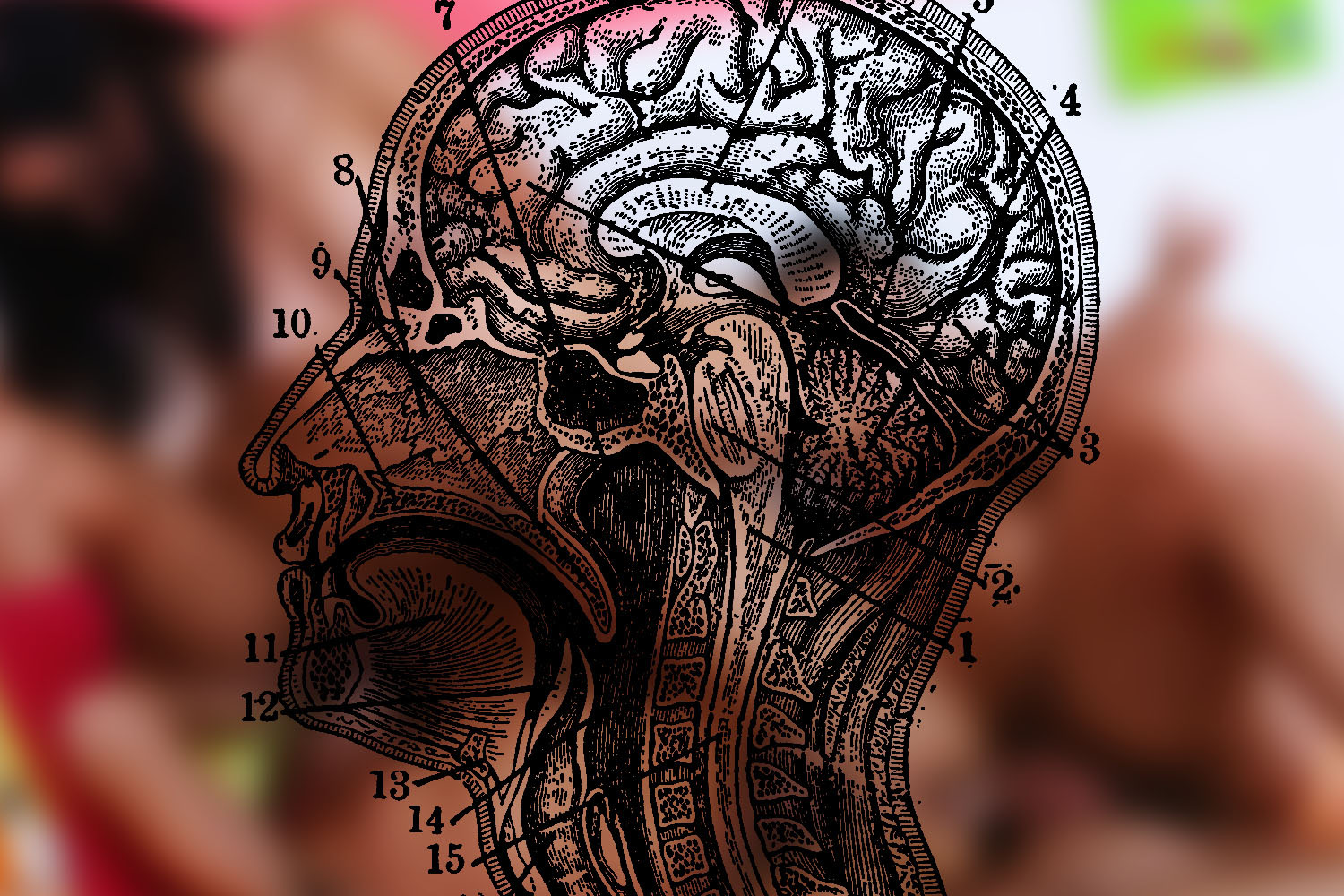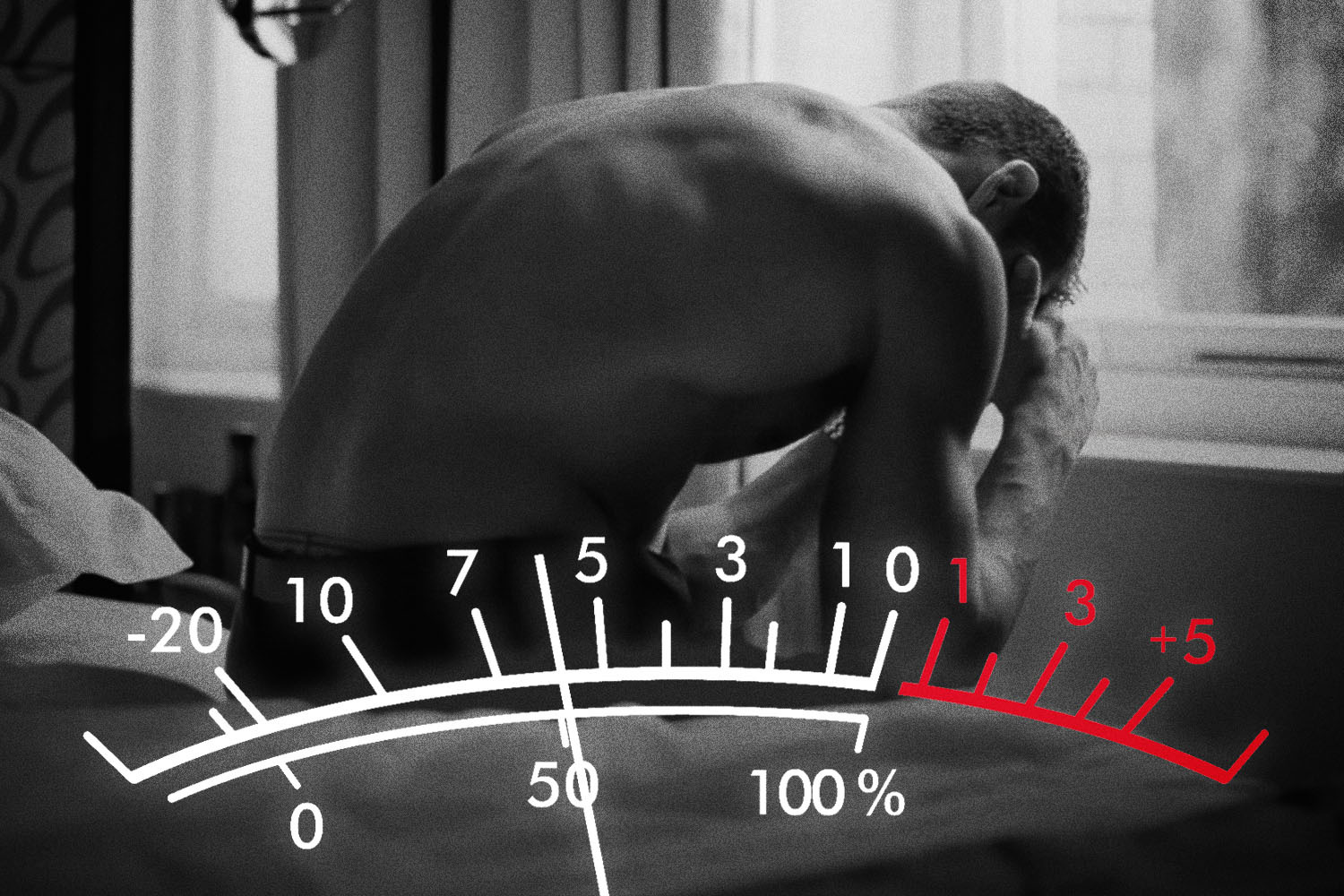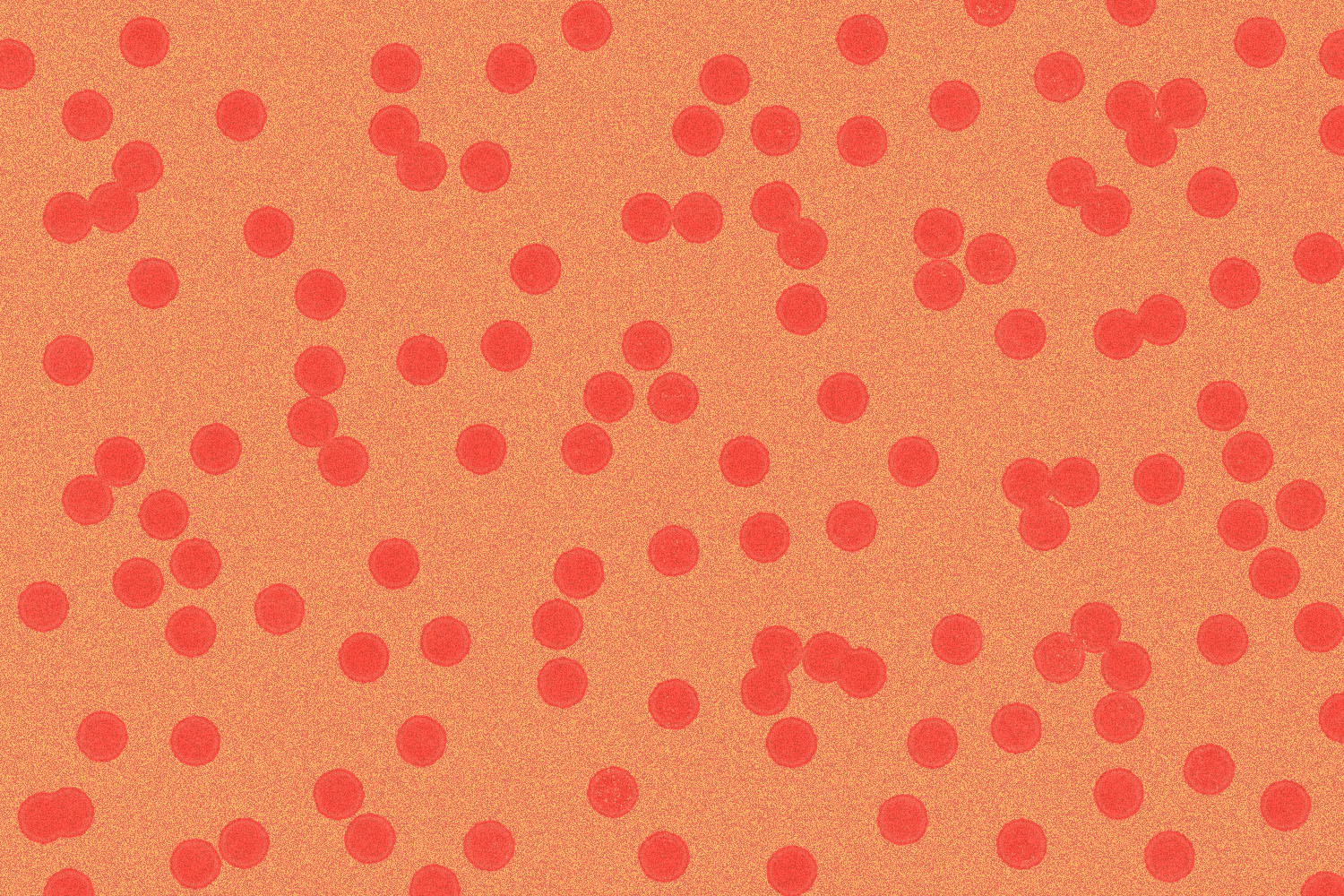Despite some recent strides toward a more educated, sex-positive culture, there are many, many myths that persist when it comes to sex and sexuality. Just to pick a few: Being kinky means you were abused as a child. Your vibrator will damage your clitoris and make you hate sex with partners. You can get an STI from using a public toilet seat. The list goes on.
Yet most pernicious of all — in my opinion — is the idea that sex can be addictive. The myth of “sex addiction” is ruining lives, and it’s not just the uneducated masses perpetuating it.
“All of these horrendous ideas are believed by the public because of so much misinformation online,” says Silva Neves, an Accredited Psychosexual and Relationship Psychotherapist, and author of the new book: Compulsive Sexual Behaviours: A Psycho-Sexual Treatment Guide for Clinicians. “But, sadly, they are also believed by many therapists, which is a big concern for me, because this is when therapists can do accidental, non-intentional ‘conversion therapy’ due to their lack of knowledge in contemporary sexology,” explains the leading UK expert on compulsive sexual behaviors.
“Sex addiction,” “masturbation addiction,” “porn addiction” — these are not real addictions. These are compulsive behaviors. Can they feel like an addiction? Yes. Are they actually addictions? No.
Why are people so hard for the term “sex addiction”?
The term “sexual addiction” is thrown around a lot, but its very existence is up for debate. It is not recognized as a legitimate diagnosis in the DSM-5 (the main U.S. manual for diagnosing mental disorders) and AASECT (the main certifying body in the US for sex therapy licensing) condemns the use of the term “sex addiction.”
“We live in a culture that over-focuses and over-emphasizes addiction, and sexuality is no different. In fact, in Hollywood there are many private ‘sex addiction’ facilities that are really more like retreats for the rich and famous,” says Moushumi Ghose, MFT, a licensed sex therapist.
Why should we stop saying “addiction” if celebrities use it all the time? Because the concept of sexual addiction is simply not backed by science. The vast majority of experts have done away with diagnosing “sex addicts,” and those who still do are usually selling something — like an addiction-related course or rehab.
That being said, masturbation and/or partnered sex can become a compulsive behavior, which can be harmful or disruptive to someone’s life. Compulsive sexual behaviors can feel like addiction if you’re really in the thick of it, but they are not addictions.
Neves laid out what qualifies something as an addiction, and these three major components have never, ever — not even once — been scientifically observed with sex or porn or masturbation:
- Tolerance (people don’t need more sex to achieve the same orgasm). Sometimes people may say that their sex drive has ‘increased’ but it is because of dissociation, rather than tolerance, which are two very different phenomena (dissociations can happen for many reasons, it is not related to addictions).
- Withdrawal. People experience terrible tissue pain if they stop alcohol or drugs, which has to be managed carefully medically. This does not happen with sex or porn.
- There is no risk of death. Nobody ever died of an orgasm overdose. In fact, orgasms are very healthy for you.
What is compulsive behavior and how is it treated?
Sex and relationship therapist Cyndi Darnell says that compulsive sexual behaviors are very textured and nuanced, but “by and large, [are] more about behavior modification than substance use, like traditional addiction is believed to be.”
The chemicals produced during sex are natural pleasure chemicals the body produces on its own. These pleasure chemicals are not artificially influenced by a drug or substance during sex (unless you’ve physically taken a substance such as “poppers”). When you orgasm, these chemicals are not harmful to you.
Ghose tells us that addiction treatment works to limit or control behaviors, while compulsive sexual behaviors are “associated with intense anxiety, trauma and more.” The treatment for compulsive behaviors “would treat anxiety and trauma as a whole and not pinpoint or scapegoat sex or sexuality,” she explains. “Also, when seeking treatment, a sex-positive sex and relationships therapist would look at the processes involved in the behavior, communication and consent, needs and desires which led to their choices.” A 12-step program is not the right treatment for compulsive behavior. Completely cutting out masturbation or sex is not the right treatment for compulsive behaviors.
This is the crux of why all of this is so important: When you treat compulsive behavior like addiction, you send people to seek the wrong treatment from the wrong people. Can addiction treatment help some people who have compulsive sexual habits? Yes, sometimes. But the alternative treatments, rooted in behavior modification, are infinitely better.
It’s pretty likely that you’re completely fine
Now that we’ve gotten to the core of the matter, it’s important to understand that it’s pretty unlikely that you’re a compulsive masturbator or have a compulsive habit around sex. This isn’t a hugely common thing, and most of the time, people who think they’re compulsive masturbators “diagnose” themselves because they aren’t comfortable with their sexuality, not because they are out of control.
Here are the big questions to ask yourself:
- Is masturbating or having sex negatively affecting other areas of my life?
- Am I masturbating or having sex with others so much that I’ve opted out of friendships, relationships, socializing, etc.?
- Am I unable to have orgasms by any other means other than masturbation/sex with random people/sex with new partners every single time, and is this making me miserable?
If the answer is “yes” to any of these questions, that’s when we need to take a pause. Only you have the answers.
A pretty dead-on sign that your masturbation or sex habits should get a personal check-in is pain or discomfort. If you’re rubbing one out 20 times a day (or finding 20 new sexual partners), experience pain and rawness, and yet continue masturbating/having sex because you “can’t stop,” you should slow down and consider what is going on.
There is a lot of nuance there, too. If you’re experiencing physical pain when you masturbate or have sex, it may have nothing to do with the amount you’re masturbating, but rather how you’re masturbating. If you’re having physical discomfort, check in with the ingredients in the toys and lubes you’re using. It could be that your skin is irritated because you’re using a lube full of toxic shit.
The question of when masturbation or sex can become “too much” is usually complicated by the shame and stigma we have around masturbation and sex with multiple partners, not our masturbation habits themselves.
We can’t quantify someone’s habits, because they are subjective and do not exist as universal truths for every person. There just isn’t a “normal” amount of sex someone should be having or not having. It all depends on what is normal to you and how it affects your life.
Using addiction language creates a culture of shame. “Addiction implies one has an ‘illness’ and that one cannot control themselves. It implies dependence and survival on a substance, not a behavior,” Darnell says. “An alcoholic needs to manage their substance withdrawal to change their lifestyle and avoid death. This is not true of sex.”
Which brings me to my final, very important point …
Words absolutely, definitely, 100% MATTER.
To say “words don’t matter” is to defy logic. The term “sex addiction” does substantially more harm than good, and it needs to be banished from the mouths of sexual health professionals (and everyone else) immediately. Despite what many people have screamed at me over Twitter, it’s not just semantics.
“The fields of psychology and psychiatry are not good at understanding human sexuality because of such poor knowledge in sexology. Words very much matter,” Neves explains. He points out that the word “homosexuality” was removed as a mental health diagnosis in the UK in 1990 and in the US in 1987. “That word informed a treatment of ‘conversion therapy’ (a treatment attempting to turn gay people straight), and it harmed, and killed, many people. The trauma of it is still felt today.”
When we popularize a term like “sex addiction,” we send people to places Google finds for them, not professionals who actually know what they’re doing in this highly specialized field of human sexuality. This is damaging and it must stop. See this as my plea to anyone using the label “sex addict”: You are hurting people. Your words have power, no matter who you are.
For all of you sexy, confused humans out there, remember that pleasure is a wonderful thing and it is your god-given right. Exploring it is nothing to be ashamed of, as long as you’re staying mindful and feeling positively about it.
If you’ve read this piece and still have doubts or questions, please check out the work of Dr. Chris Donoghue and Silva Neves (Neves wrote the literal manual on sexual compulsive behaviors in the U.K.).
The Charge will help you move better, think clearer and stay in the game longer. Subscribe to our wellness newsletter today.



























